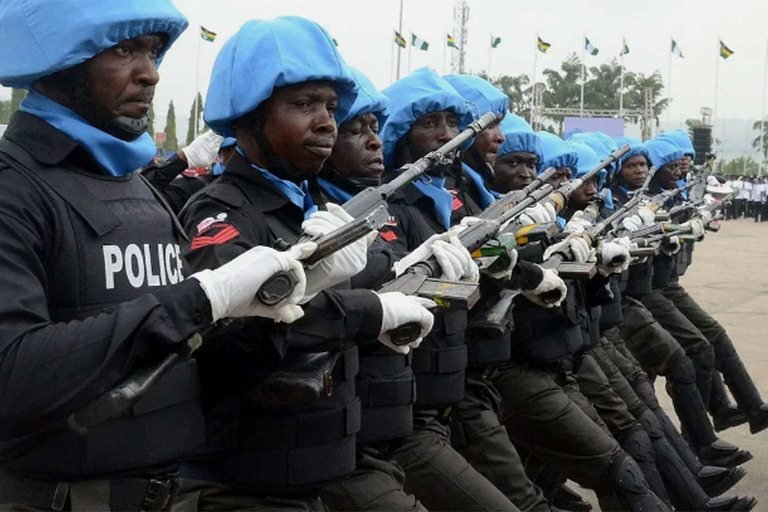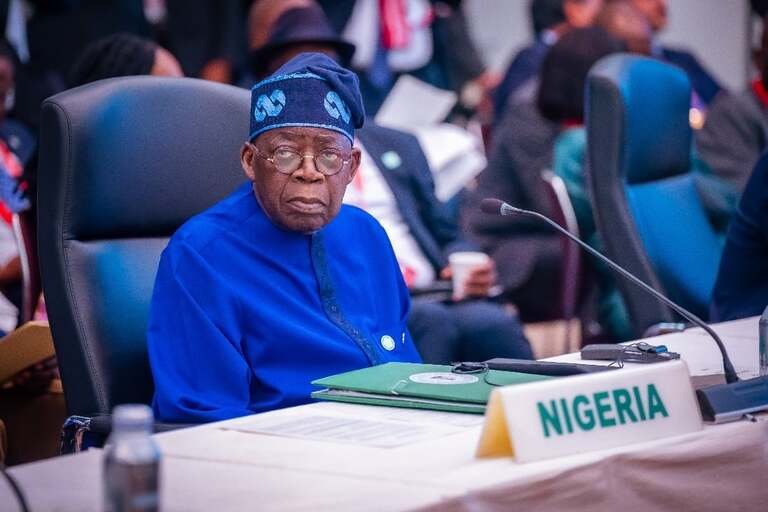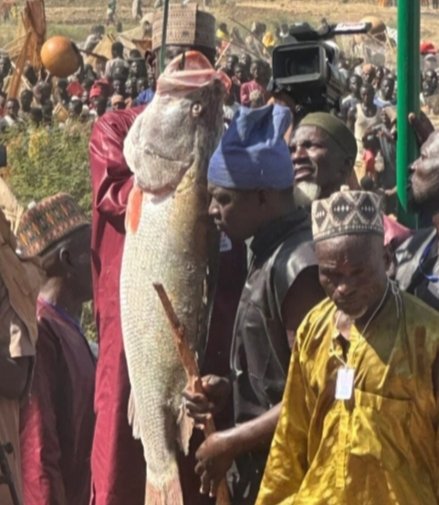President Bola Tinubu’s declaration of readiness to establish state police, backed by growing support from governors, has revived optimism that Nigeria might finally curb the wave of violence that has plagued the nation for nearly two decades. With thousands killed and property worth billions lost, Nigerians are desperate for a new approach to security that works.
For years, citizens and analysts alike have argued that security challenges are best handled locally. The call for state police gained momentum as it became clear that the centralised structure, with its rigid command chain from Abuja, was failing to respond effectively to fast-moving threats such as terrorism, kidnapping, and banditry. Advocates insist that local officers familiar with their terrain, language, and culture can better track criminals and restore order.
However, political mistrust and regional suspicions stalled the idea for years. As violence deepened, even some northern leaders began demanding drastic measures, including a state of emergency and the dismissal of service chiefs.
Tinubu’s recent comments at meetings with the North-East Governors’ Forum and northern leaders have therefore been met with cautious optimism. He hinted at working with the National Assembly to create a legal framework for state police that guarantees neutrality and local ownership, saying, “We have to create a state police. We will defeat insecurity.”
Many Nigerians now await concrete action rather than more promises. The National Economic Council (NEC) revealed that nearly all 36 states have already submitted memoranda supporting state police, yet the matter has repeatedly been postponed at council meetings. Critics accuse the government of misplaced priorities and warn that further delay could cost more innocent lives.

The urgency could not be greater. Boko Haram, bandits, and kidnappers continue to terrorise communities across the North and Middle Belt. Recent attacks in Borno, Katsina, and Edo states left dozens dead and several abducted, while farmers remain too frightened to work their fields. Groups such as the Northern Ethnic Nationality Forum have called the crisis a “full-blown catastrophe” and demanded sweeping changes in military leadership.
Still, Nigerians have shown remarkable resilience. In parts of Zamfara, Sokoto, and other states, locals have armed themselves to repel terrorist attacks, rescuing kidnapped victims and reclaiming their villages. Experts say this grassroots courage underlines why state police rooted in local knowledge and trust could succeed where federal forces have struggled.
For Tinubu’s plan to make real impact, it must be backed by decisive constitutional and legislative action. Lawmakers must expedite the amendment process to establish state police, ensuring proper oversight and preventing political abuse. Above all, the initiative must not be allowed to fade into another unfulfilled promise.
Nigerians are watching closely. For a nation that has bled for too long, the creation of state police could mark the beginning of reclaiming safety, dignity, and peace.










